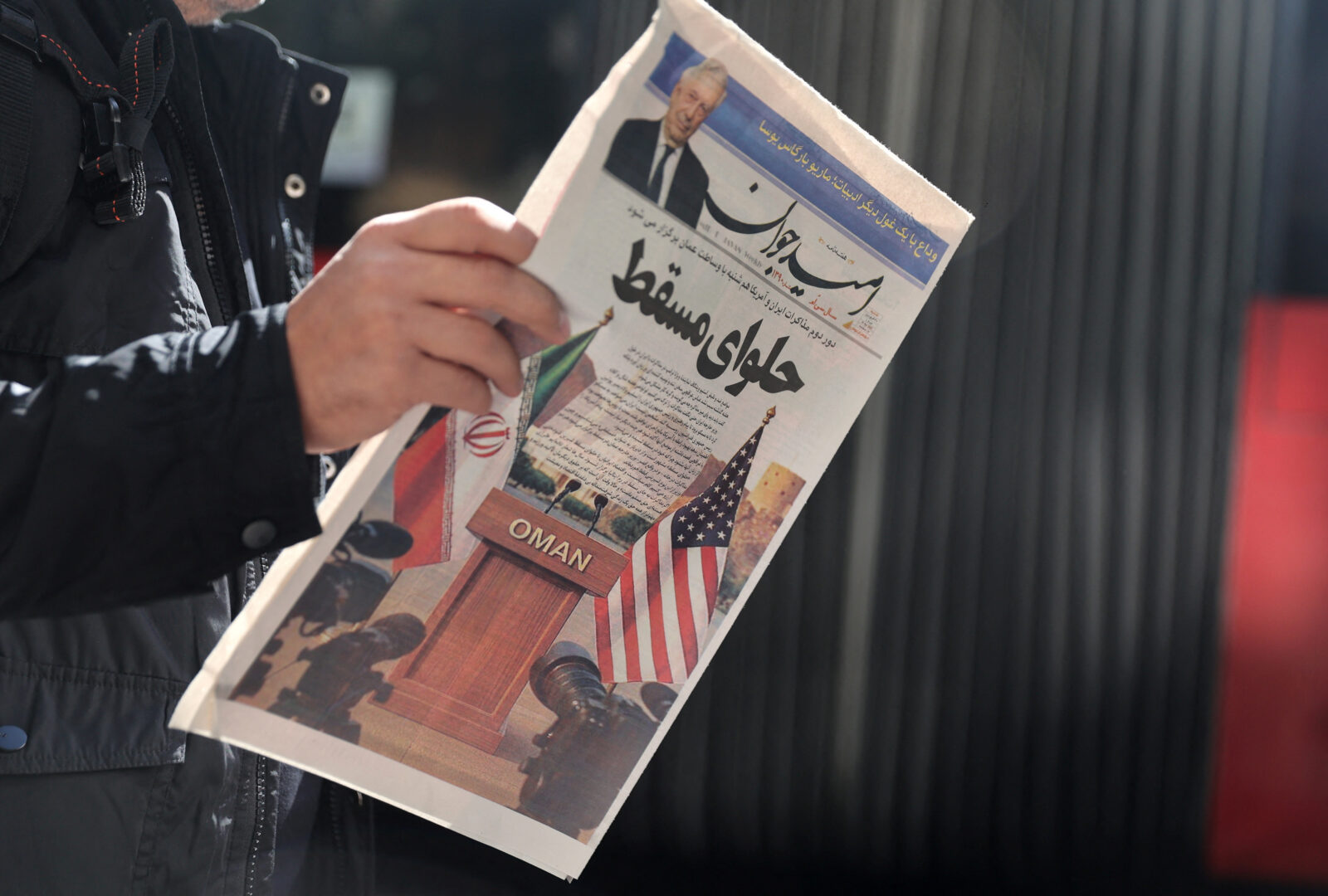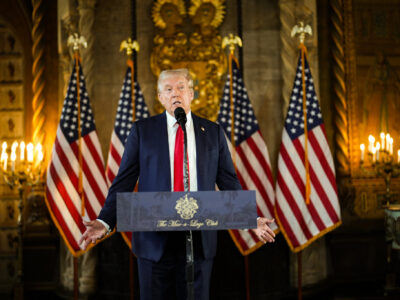Whither Trump’s Iran Deal?
What is the state of Donald Trump’s Iran diplomacy in the aftermath of his visit to Saudi Arabia, the UAE, and Qatar? Nuclear talks with Iran have progressed in some aspects further in three months under Trump than under Joe Biden’s full presidency. But time is running out, as the technical aspects of a nuclear deal have proven more complicated than Trump may have anticipated. Moreover, mixed messages from Trump regarding his key objectives and red lines have further complicated the talks. At the same time, unlike 2015, Arab partners of the US, such as Riyadh and Abu Dhabi, are no longer opposed to a nuclear deal, but are actively seeking to help secure one.
To discuss these dynamics, we held a conversation with three of the most incisive voices on Iranian foreign policy and U.S. strategy in the Middle East: Vali Nasr, professor of International Affairs and Middle East Studies at Johns Hopkins SAIS, Mohsen Milani, executive director of the Center for Strategic & Diplomatic Studies, University of South Florida, and Ellie Geranmayeh, deputy director of the Middle East and North Africa Programme at the European Council on Foreign Relations.
The conversation was moderated by Trita Parsi, executive vice president of the Quincy Institute, and explored how a diplomatic breakthrough might still be possible, what conditions could trigger collapse, and whether either side is prepared to show the required political will, courage, and creativity. Beyond the nuclear file, the discussion also examined the broader strategic picture, including Tehran’s regional posture, GCC states’ shifting positions, and the impact of President Trump’s recent visits to Saudi Arabia, Qatar, and the UAE.
Program
Countries/Territories
Entities
Panelists
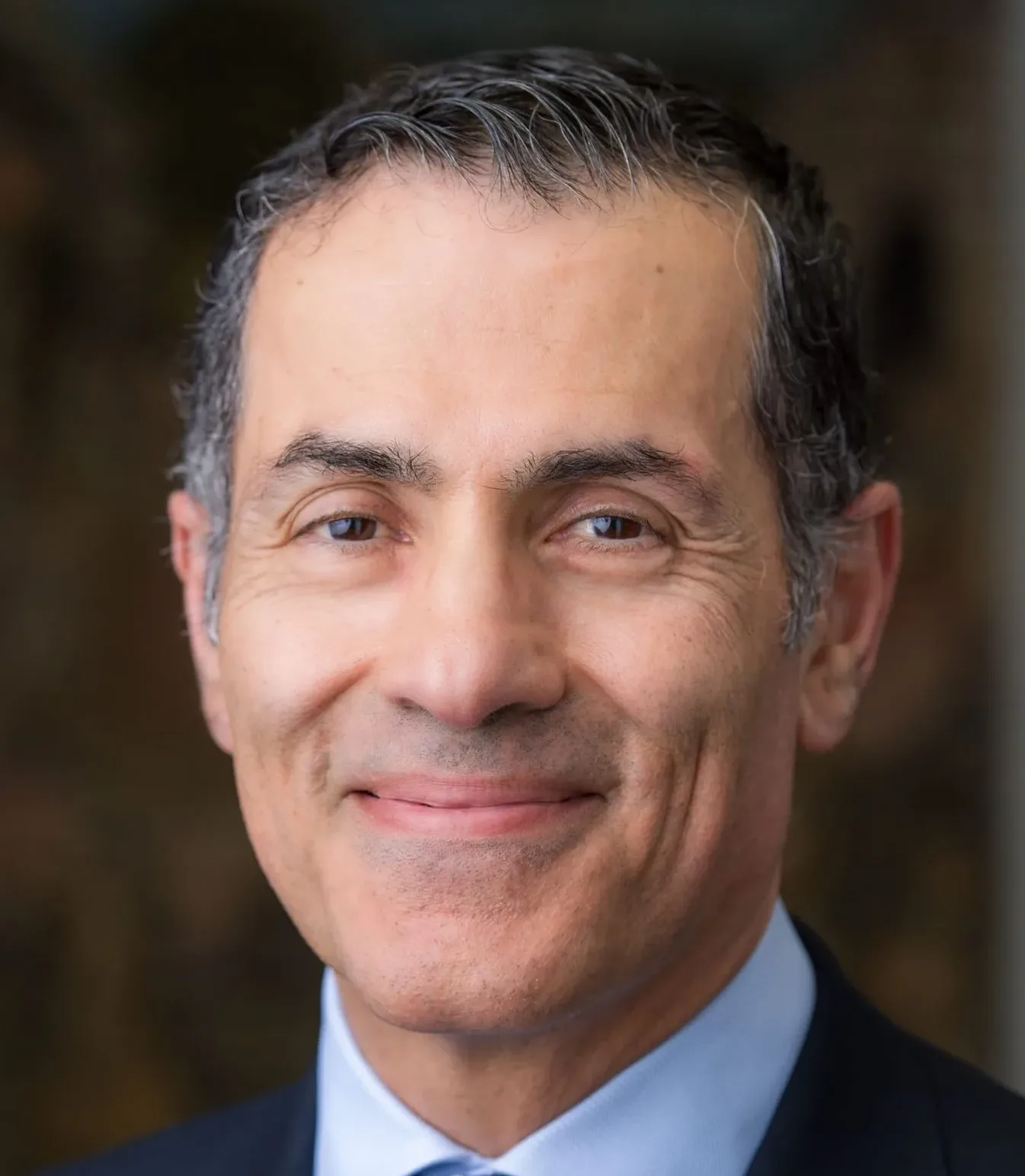
Vali Nasr
Vali Nasr is the Majid Khadduri professor of International Affairs and Middle East Studies at Johns Hopkins-SAIS. From 2012 to 2019, he served as the Dean of the School, and from 2009 to 2011, he was the Senior Advisor to U.S. Special Representative for Afghanistan and Pakistan, Ambassador Richard Holbrooke. He authored "Forces of Fortune: The Rise of a New Muslim Middle Class and How it Will Change Our World"; "The Shia Revival: How Conflicts within Islam will Shape the Future"; and "Democracy in Iran: History and the Quest for Liberty". He has written for The New York Times, Foreign Affairs, Financial Times, Wall Street Journal, and The Washington Post.
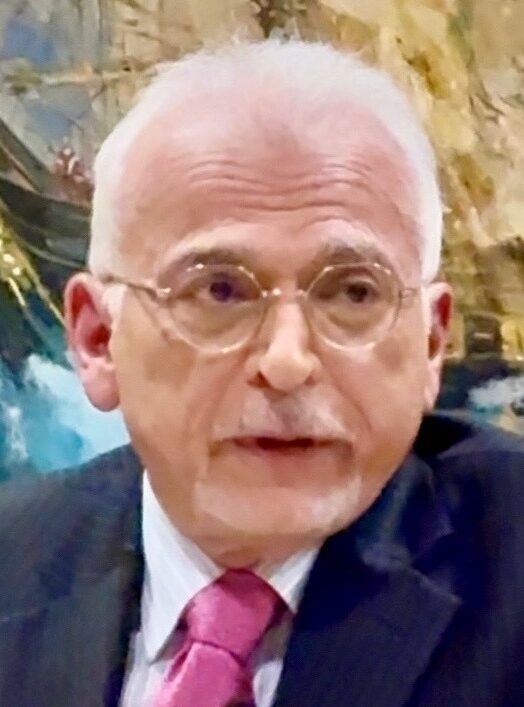
Mohsen Milani
Mohsen Milani is the executive director of the Center for Strategic & Diplomatic Studies and professor of Politics at the University of South Florida. An internationally recognized scholar, he has authored over 80 publications on Iranian politics and foreign policy. His book, The Making of Iran’s Islamic Revolution, is widely used in academic institutions. Dr. Milani has served as a research fellow at Harvard, Oxford, and the University of Venice, and has testified before the U.S. Congress on Iranian affairs.

Ellie Geranmayeh
Ellie Geranmayeh is a senior policy fellow and deputy head of the Middle East and North Africa programme at the European Council on Foreign Relations. She specializes in European foreign policy concerning Iran, focusing on nuclear negotiations and sanctions policy. Geranmayeh played a significant role in the diplomatic efforts leading to the 2015 nuclear deal and continues to advise policymakers on Iran-related issues. Her analyses are frequently featured in major international media outlets.
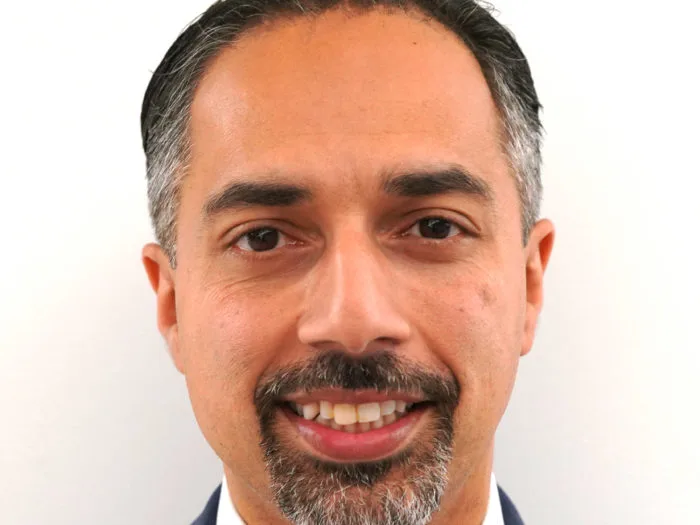
Trita Parsi
Trita Parsi is the executive vice president of the Quincy Institute. He is an award-winning author and the 2010 recipient of the Grawemeyer Award for Ideas Improving World Order. He is an expert on US-Iranian relations, Iranian foreign policy, and the geopolitics of the Middle East. He has authored four books on US foreign policy in the Middle East, with a particular focus on Iran and Israel. He has been named by the Washingtonian Magazine as one of the 25 most influential voices on foreign policy in Washington DC for five years in a row since 2021, and preeminent public intellectual Noam Chomsky calls Parsi “one of the most distinguished scholars on Iran.”

